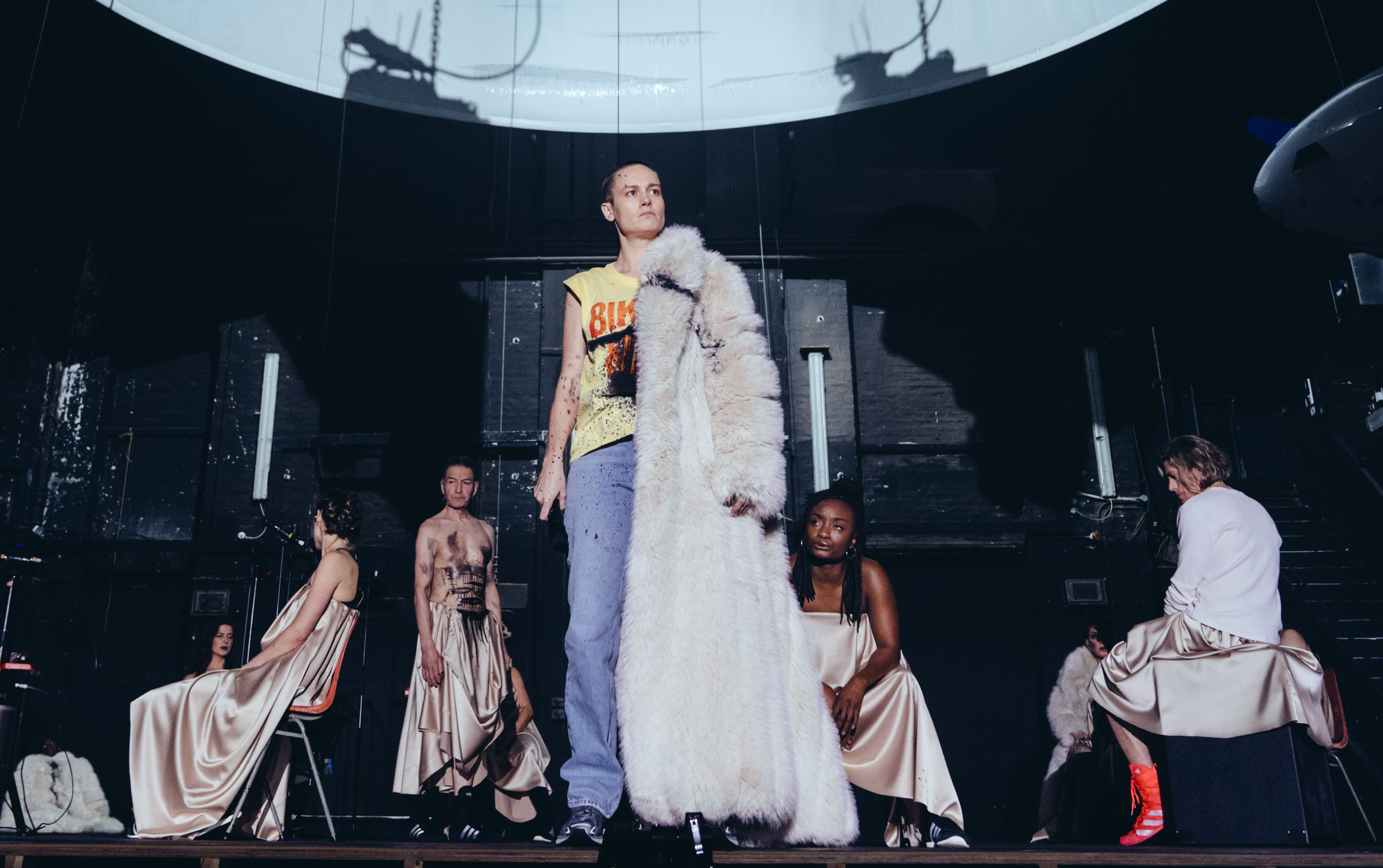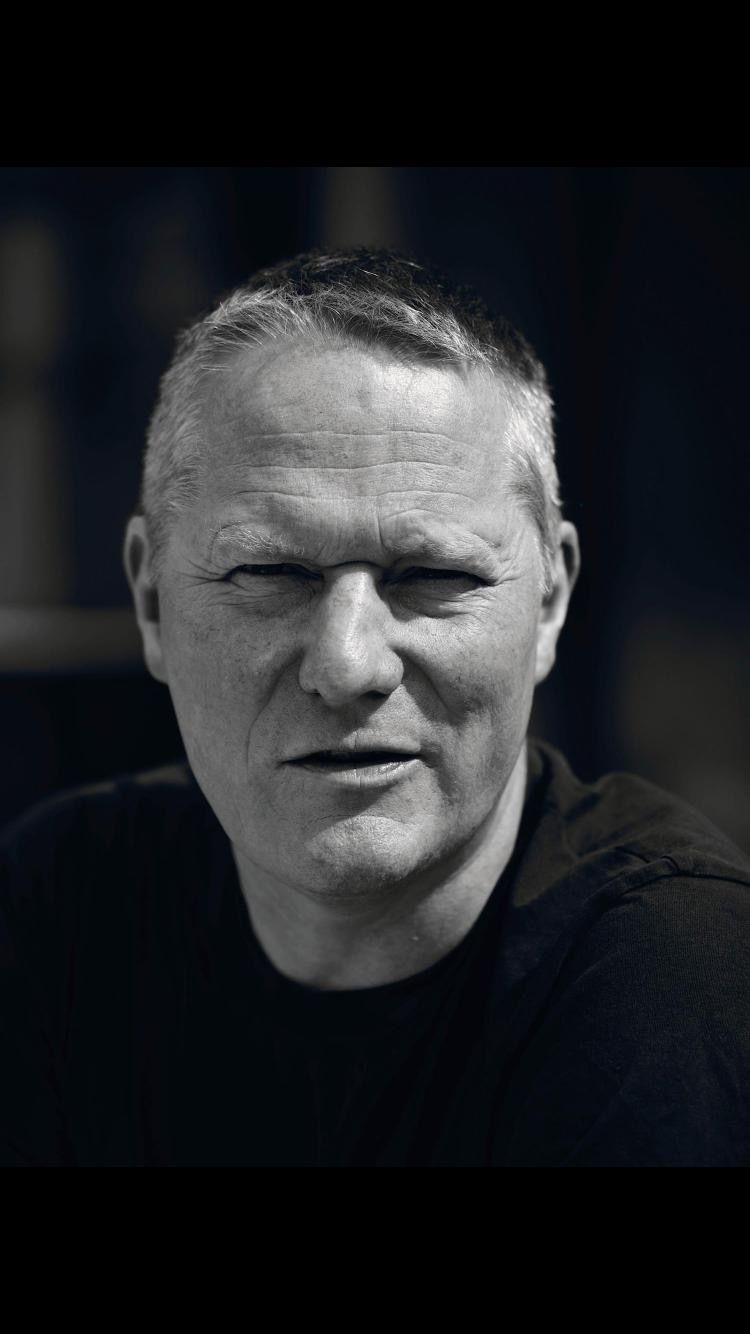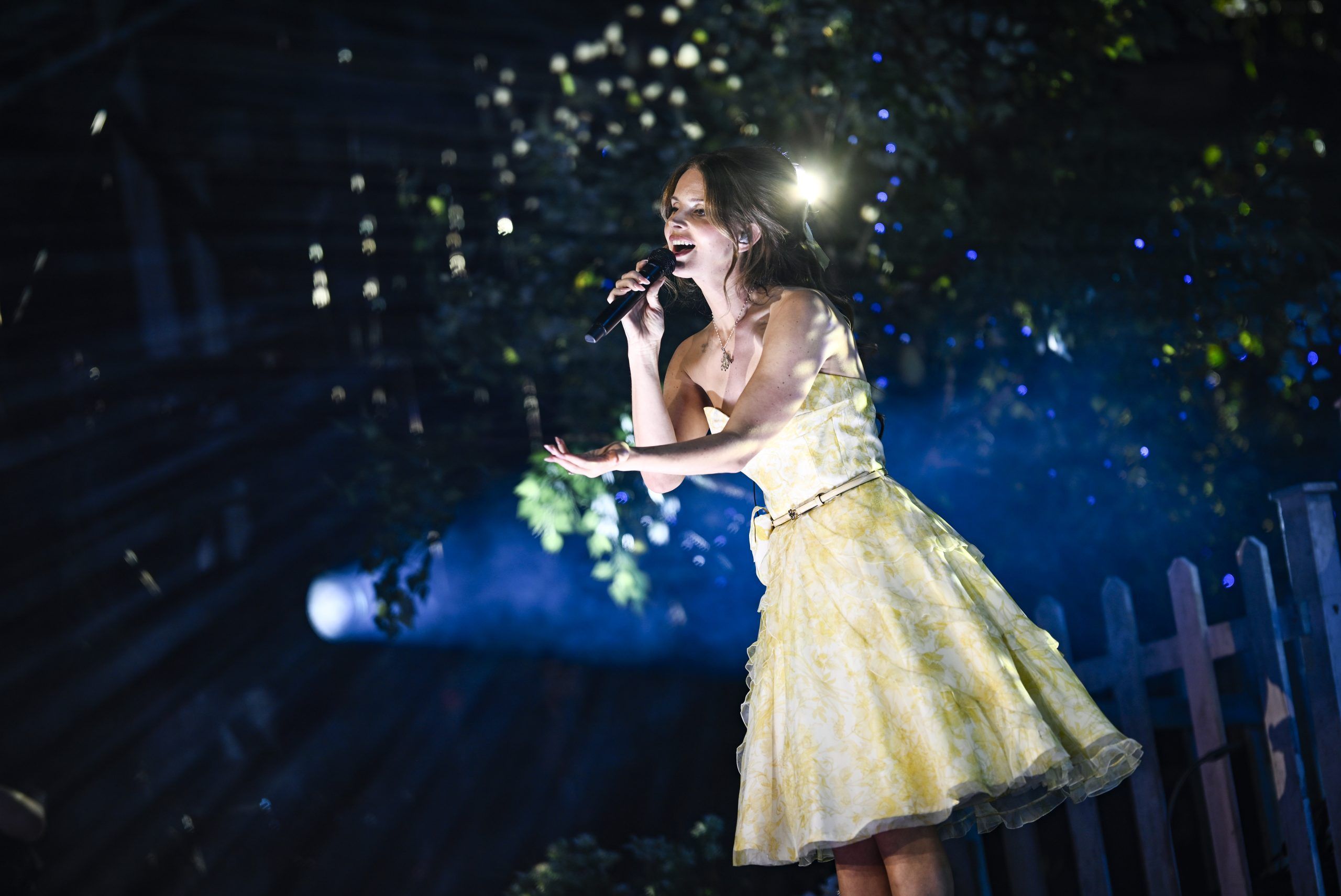When the lead actor walks on suddenly, house lights barely down, yelling incoherently into a microphone, you know it’s going to be an interesting production. This is how Brie Larson, who shot to fame as Captain Marvel, bursts onto the stage as Elektra, the title role in Sophokles’ (their spelling) play about anger, vengeance, and complicated family dynamics.
Well, I say ‘complicated’, but it’s pretty simple really – Elektra wants to kill her mother (at least for her brother to kill her mother), Clytemnestra, who killed her father, Agamemnon (yes, the King who invaded Troy), because he killed his other daughter, Iphigenia, because he was told to by a god. Simple enough, right? Despite her mother’s – some might say equally valid – reason for killing her dad (well actually she got this guy called Aegisthus to do it and then married him), Elektra is pissed off and wants revenge. ‘Pissed off’ is a bit of an understatement. She’s livid, she wants blood, and she needs everyone to know it.
Director Daniel Fish is known for his ‘out there’ interpretations of texts. His 2024 Oklahoma! stripped away the nostalgia of the classic musical, replacing it with stark minimalism and simmering tension. The classic tunes became eerie echoes of repressed violence, turning the familiar into something unsettling and raw. Many people found it a challenging watch, which will likely be the case with Elektra too.
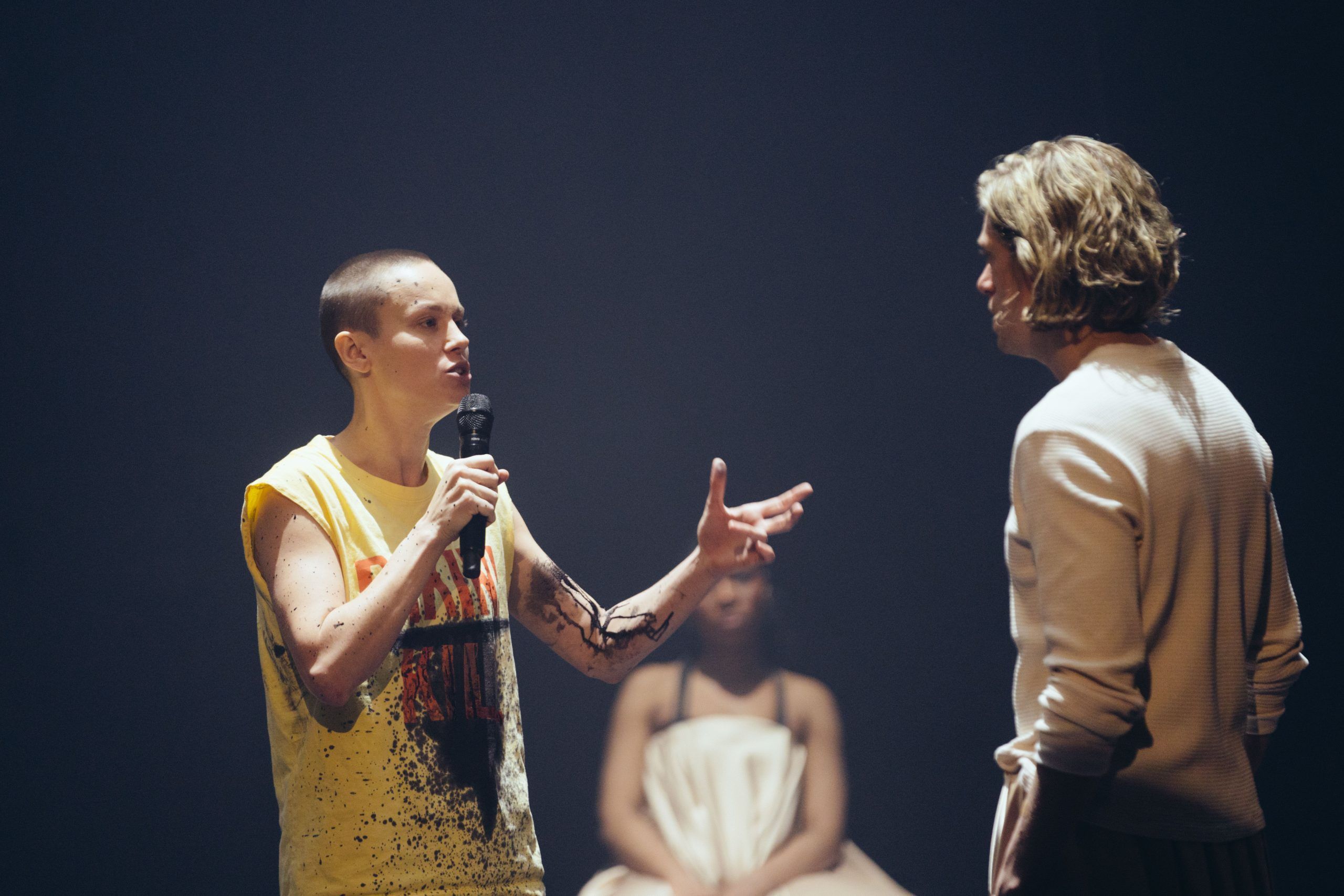
Larson as Elektra looks badass. She’s wearing a yellow Bikini Kill tank top, looking like a 90s riot grrrl, with her shaved head and grimy look giving rebellious feminist energy. The friend I was with was put in mind of Bikini Atoll, as if she is going to scorch the earth with her explosive wrath.
As I mentioned, Elektra is mostly yelling into a microphone, she’s monologuing about her betrayal and anger and how she will not take it anymore. She keeps repeating the word “NO”, and every time that word comes up, she sings it – yes sings it – loudly. When she really wants to emphasise her words – or do a messed up impression of her mother the “howling bitch” as a robotic cyborg from hell – she grabs a wired mike that always dangles down stage left and talks into that whilst messing with an effects pedal. This is certainly weird, but never boring.
Her words and actions are frequently echoed or emphasized by the six all-female chorus members, who are revealed by the raising of a huge, curved curtain, a few minutes in. They sit – for most of the play – on the ever-rotating stage. They immediately put me in mind of The Muses from Disney’s Hercules, but no doubt this just shows the little experience I have of classical Greek plays. At every mention of Aegisthus, Elektra and the chorus spit as one, at every mention of her brother, Orestes, they beat their right breast with their left hand. The chorus sing at her in gorgeous harmonies to just let it all go, asking “Why are you so in love with things unbearable?”.





The effect of all of this, along with Jeremy Herbert’s stark set design, the Ringham brothers’ soundscape, and Ted Hearne’s music, is to create a sense of confusion and imbalance in the audience, bringing us to Elektra’s level as we grapple, with what on earth is going on.
Elektra’s sister, Chrysothemis, played with passion by Marième Diouf, argues with her to just let their father’s death go and to move forward. Familiar music plays (Beyoncé maybe?) as they argue, and Elektra pushes her sister to abandon her pampered palace life and join her in her righteous vengeance. Diouf’s microphone was playing up on press night, but her projection was impressive and her every word could be heard clearly throughout the theatre, a testament to her powerful performance.

Clytemnestra, the murderer mother, is played by the formidable Stockard Channing. To me she will always be Rizzo from Grease, the iconic bad girl. In Elektra, she shines as the unapologetic rich bitch who loves her palace life and has no regrets about killing her husband. Dressed in a fur coat, hands dripping with jewels, and save for the splatters of black paint that everyone is covered in, she is the picture of Hollywood glamour. She expresses no remorse, believing that Elektra is plenty guilty herself – she tells her daughter to “perfect yourself before you blame others”.
Anne Carson’s translation of Sophokles’s play is poetic and modern in its language. Her words themselves make the play accessible to modern audiences, although this particular staging may not make this so apparent. There are so many striking lines in the play, but the way they are delivered means that you may be too distracted by the sound, the loudness of the microphone, or wondering just how intentional the dissonance is to fully absorb them. The heightened delivery and sonic distortions at times overshadow the raw power of Carson’s language, making it harder to appreciate the poetic clarity she brings to the work. Instead of allowing the words to breathe, the production often overwhelms them, leaving the audience grasping for meaning through the noise.
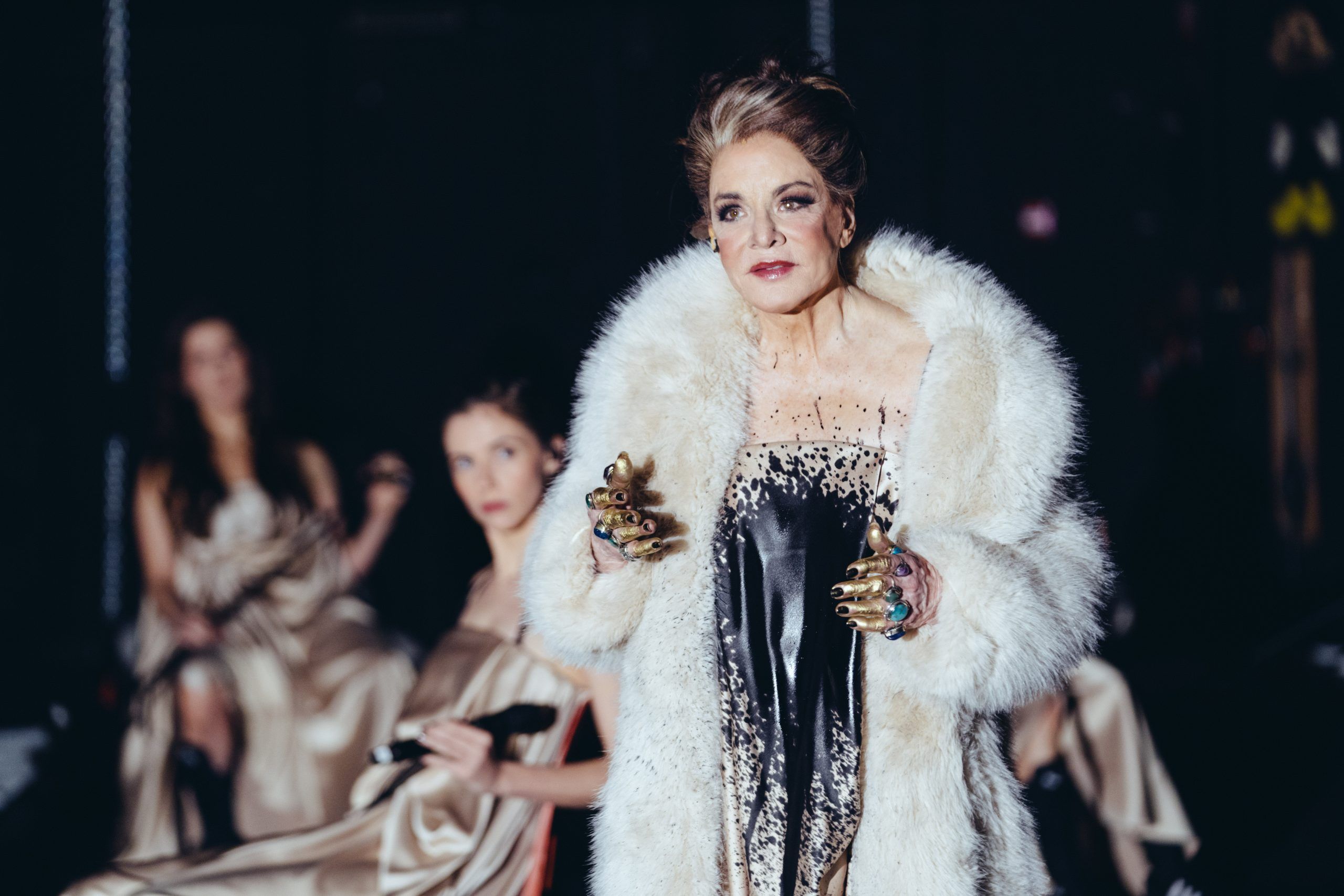
Although a serious play, it is not without its humour. When Patrick Vaill’s Orestes, unrecognised by Elektra and dressed as a Formula One driver, gives a fake account of his own death in a carriage race accident, in the style of a TV commentator, his deadpan delivery is so absurdly funny that the audience can’t help but laugh.
This production of Elektra is certainly unusual, and at times a challenge to follow, but Larson’s fury and righteous anger are so real and visceral, and her grief so palpable, that I was unable to look away from her impassioned performance. This is a very divisive production, and my companion felt that it was trying far too hard to be ‘out-there’ and different, but I disagree; I found the staging, sound design, and directorial choices to be fascinating, original, and compelling. It’s an eighty minute (no interval) roller-coaster of emotion. If you enjoy innovative and original theatre, then this bold, exhilarating take on Elektra is well worth your time.
Elektra is at the Duke of York’s theatre until 12th April 2025. Tickets from: thedukeofyorks.com
Words by Nick Barr
Photos by Helen Murray

